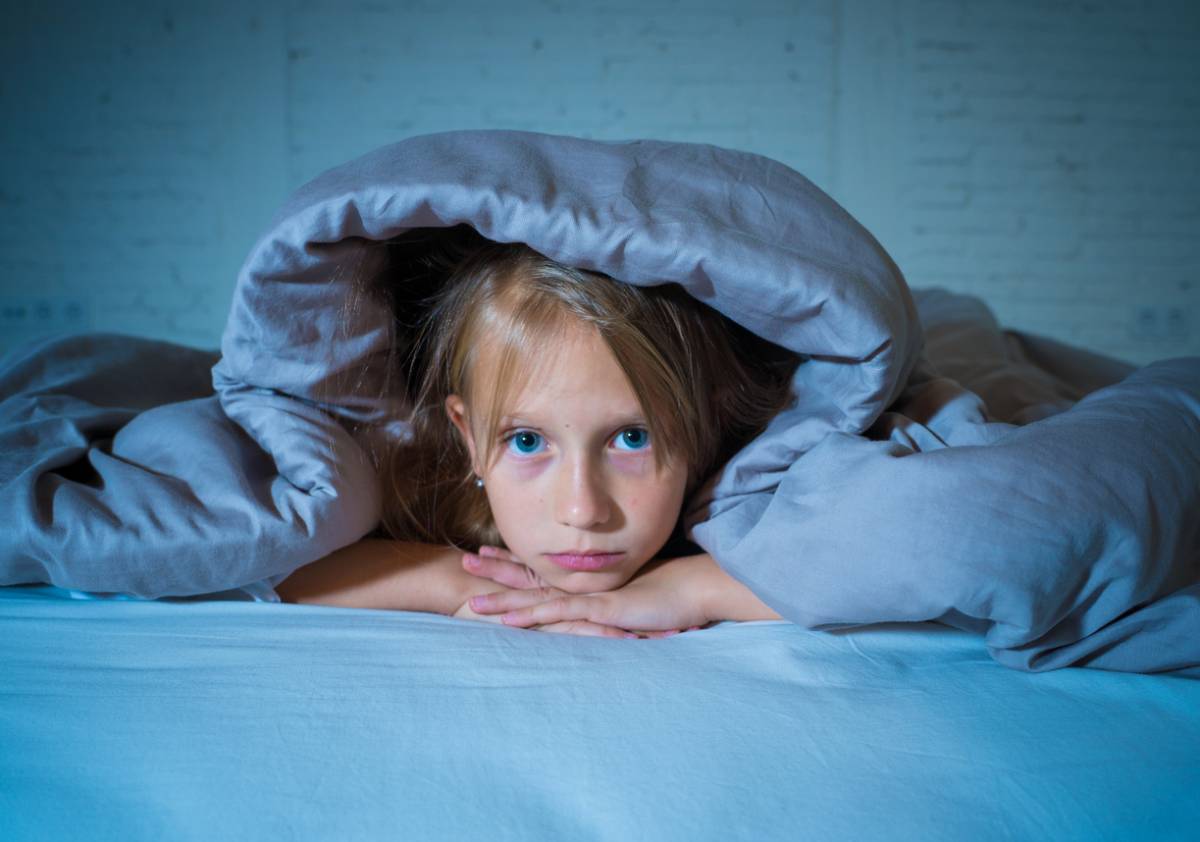Sleep disorders are defined as any chronic medical condition that affects one’s ability to sleep. People of all ages are susceptible to certain disorders such as insomnia, sleep apnea, and asthma. As natural sleep cycles continue to be disrupted, patients struggling with these disorders start to face drastic effects. Lack of sleep can have serious implications on your physical, mental, and physiological health. It is important to seek immediate care from your local asthma doctor in NYC when you believe you may be displaying some symptoms of sleep disorders. Let’s look at some common sleep disorders in kids.
Common Sleep Disorders in Kids
Others may not be able to communicate or understand their symptoms. Children, for example, need to be observed physically to ensure they are staying healthy and fit. It might be more difficult for them to talk about some issues they could be facing, which may be related to a sleep disorder. That is why we are going to review some of the most common sleep disorders in kids today. Take a look at this short guide and prepare yourself by scheduling an appointment with your child’s doctor ASAP!
Hypersomnia
Hypersomnia is characterized by excessive daytime sleepiness in a child or adolescent. Narcolepsy is a neurological condition that can cause hypersomnia. It causes excessive daytime sleepiness, a temporary loss of muscle control, and hallucinations.
Hypersomnia can also be caused by other sleep disorders, such as delayed sleeping phase syndrome and obstructive insomnia. Hypersomnia can also be caused by a concussion or epilepsy. It is important to diagnose hypersomnia in children.
Childhood Insomnia
A child who has trouble falling asleep and staying asleep for more than three days per week may have childhood insomnia. Childhood insomnia is when a child has difficulty falling asleep or refusing to go to sleep without a parent or an object (such as a blanket or favorite toy) or is unable to fall asleep.
Obstructive Sleep Apnea
Obstructive Sleep Apnea exists as a condition that affects a child’s ability to breathe during sleep. The condition causes children to snore and gasp for air. And they often wake up throughout the night. Obstructive sleep apnea can come from enlarged tonsils, adenoids, or structural problems to the head or face such as cleft lip or palate. Children with neuromuscular disorders such as muscular Dystrophy can also experience sleep apnea. These conditions weaken the muscles that are involved in breathing.
Behavioral and Mental Health Disorders
Many children with behavioral disorders such as attention deficit disorder or mental health issues (such as anxiety or mood disorders) often experience insomnia. If your child is taking medication for a mental health disorder such as depression, bipolar, or ADHD, the medication may also be affecting their ability to sleep. Some kids sleep too much, others not enough when on this medication.
How to Get Help for Your Kids ASAP
Sometimes it can be difficult to tell if a child is simply restless or suffering from a sleep disorder. After a night of sleepless nights, talk to your child. Talk to your child if they can recall a nightmare or if they were unable to sleep through the night.
It is possible for your child to forget about night terrors or sleepwalking. This could indicate a medical condition. If your efforts to improve sleep have failed, talk to a healthcare professional. Talking to a doctor about concerns you have regarding your child should be an easy process. A doctor is a valuable resource if you have failed to improve your child’s sleeping habits.
Talk to Your Pediatric Doctor ASAP
If your child is often cranky, tired, experiencing mood swings, and possibly having trouble breathing, you should visit the doctor ASAP. It is important to set up a treatment plan for your child right away in order to improve their sleep – and ultimately their overall health. Learn more about pediatric sleep care in NYC when you get in touch with Dr. Mayank Shukla today.

